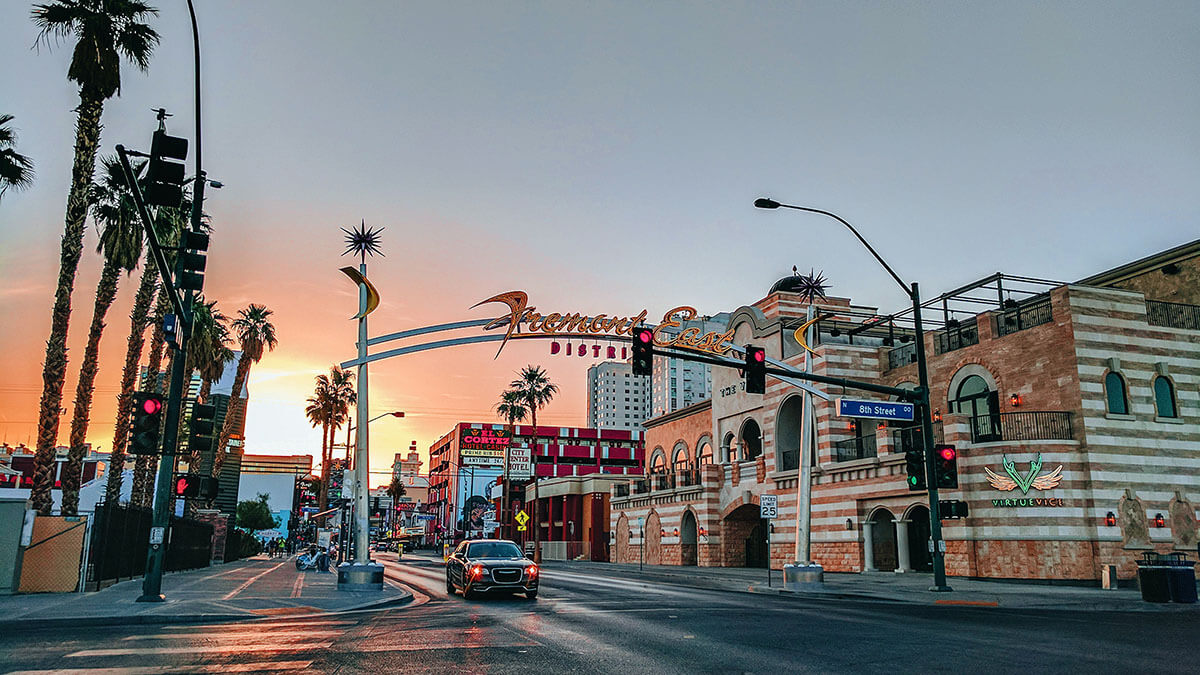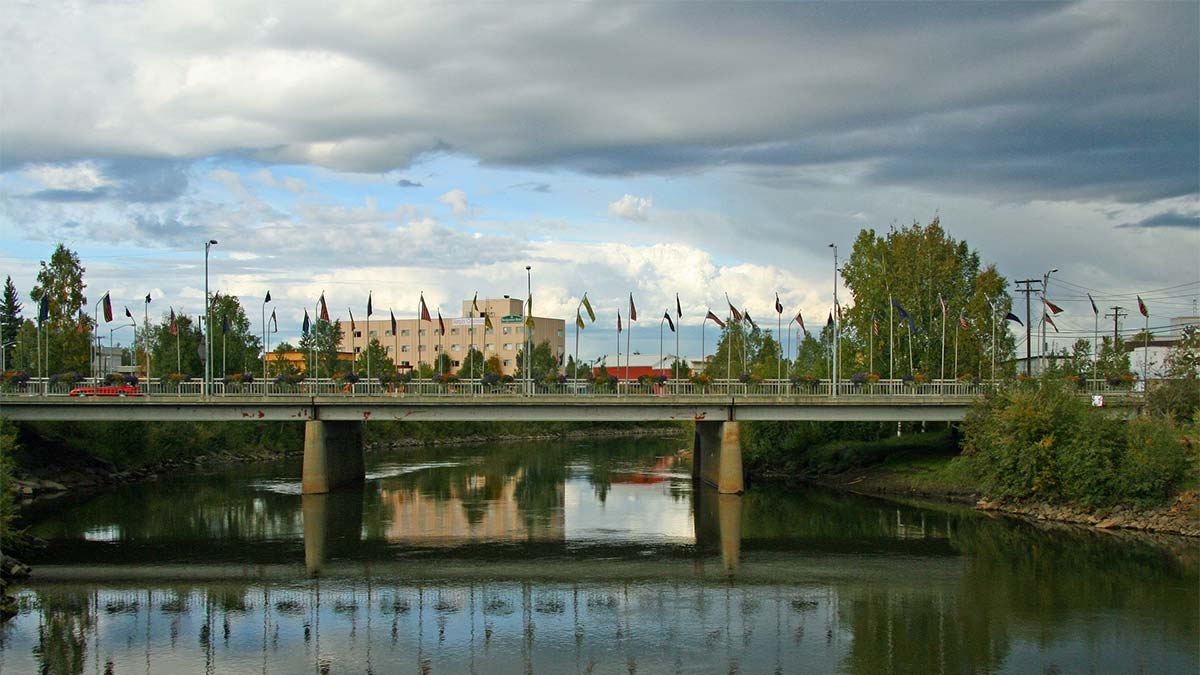Buying a home is expensive, which is why it’s so important to establish a realistic budget beforehand. Part of this budget will include closing costs, and these fees can be particularly high in Nevada.
This article will walk you through closing costs in Nevada, how they’re determined, and what providers or vendors they’ll go towards.
If you’re looking to avoid fees such as closing costs, visit iBuyer.com. We provide instant cash offers for your home, allowing you to bypass some of the expenses associated with traditional real estate methods.
Average Closing Costs in Nevada
Compare Cash Offers from Top Home Buyers. Delivered by Your Local iBuyer Certified Specialist.
One Expert, Multiple Offers, No Obligation.
How much are closing costs in Nevada?
Closing costs for home buyers in Nevada typically range from 1.75% to 5% of the home purchase price. The exact amount depends on various factors, including the county, the lender, and the specifics of the transaction. For instance, in some counties, closing costs can be as low as 1.75%, while in others, they may go up to 4.4%.
Most of these expenses are related to the loan, such as loan origination fees, appraisal fees, and title insurance. However, significant portions can also come from escrow funds for insurance and property taxes.
Thus, if you’re purchasing a home in Nevada, you should be prepared for these costs, which are influenced by various factors, including the specific terms of your mortgage and any negotiated seller concessions.
What are closing costs?
Closing costs are the fees that go to several different service providers and vendors. This includes home inspectors, attorneys, appraisers, and escrow agents. These add on top of the property’s price to make the total amount of the final sale.
They are split between the buyer and the seller and can sometimes be negotiable. Usually, the homebuyer pays somewhere between 2 to 6 percent of the purchase price, but this varies by situation.
There are many factors that impact closing costs, two main ones being the location and the property’s assigned value.
The closing costs aren’t collected until the transaction is complete and the property title transfers, so this can leave closing costs to be a surprise in some situations. This doesn’t have to be, nor should it be the case, though.
There are tools to help with how to estimate closing costs. Law requires lenders to provide a “good faith estimate” no later than three days after receiving a home loan application.
In addition to this, the Housing and Urban Development Department requires that lenders estimate all third-party fees within 10 percent of the final cost. This has helped with providing realistic good faith estimates to buyers.
Loan origination fees
These are fees lenders charge for the work that goes into processing a loan application. They can sometimes be negotiable, but that is often in exchange for a higher interest rate over the life of the loan.
They are usually around 0.5 to 1 percent of the loan amount.
Home-warranty costs
This is an option fee for a one-year warranty of the home. The seller can choose to pay for this, which averages $600 in Nevada.
Form 1099 charge
This fee is for the form required by the IRS to report the sale of a property. The seller usually pays for this, which costs $25 to $50.
Home inspection
Home inspections help the buyer feel satisfied with the property before entering negotiations with the seller. Inspections can find issues with the structure or functional components of the house.
Assessments include the roof, ceilings, pillars, walls, plumbing, HVAC, and smoke detectors. You will get a detailed report after the conclusion of the inspection that will alert you to any troubling situations with the house.
Discount points
Discount points, also referred to as mortgage points, are fees that a homebuyer can pay directly to the lender for a reduced interest rate. The idea is that you can pay some interest upfront in exchange for a lower interest rate on the loan.
Each point will cost 1 percent of the total loan amount. Points can be negotiable but are often paid by the buyer.
Appraisal fees
Lenders like to make sure the money they are lending isn’t going to a property that has significant issues. They want to minimize any risk that might make collecting payment a hassle. As a result, they often mandate appraisals where a licensed appraiser looks at the property checking for structural issues.
Special attention goes to areas like plumbing, wiring, and air conditioning. The average single-family home in Nevada can expect appraisal costs of around $310-380.
Title searches
There is a title search fee for running a search that verifies the seller owns the property and has the right to sell it. To determine whether there is a clear title, it usually costs around $75 to $200.
Tax-service fee
There is a one-time fee for arranging tax payments. The lender charges them and is often around $220.
State transfer tax
This is a state-specific tax to cover the fees associated with transferring the title. The seller pays this fee, which is $3.90 per $1,000 of the loan value in Nevada.
Deed recording fees
These are the costs for recording a new deed. It is usually split between the buyer and the seller and is around $150.
Pest-inspection fee
A pest inspection may be included in the overall inspection costs. If a lender requires a pest inspection to be done, it can cost anywhere from $50 to $150.
Courier fees
Many documents need to be printed and transported during a property transaction. The fees that cover the cost of shuffling these documents range from $50 to $250.
Property taxes
The median property tax in Nevada is $1,749.00 per year for a home worth the median value of $207,600.00. Counties in Nevada collect an average of 0.84% of a property’s assessed fair market value as property tax per year.
Homeowners’ insurance
Homeowners’ insurance protects against damage to the home, like fire or theft. Policies differ depending on providers and location.
A good rule of thumb is that the wider the coverage protection, the more expensive the premium will be. Mortgage companies can require buyers to put their monthly insurance payments in an escrow account. Then the escrow company will pay your insurance payment every month.
This way, lenders can minimize the risk of insurance policies lapsing due to late payments.
Agent commission
This can vary widely, as agent commission is always negotiable. The commonly quoted figure for agent commissions is 6 percent of the sale price, but it could be as low as 1 percent if using a discount broker.
The commission is usually paid by the seller and then split between both the buyer and seller’s agents.
Mortgage insurance
Mortgage insurance is usually required when a buyer purchases with less than a 20 percent down payment. This money protects the lender if the buyer is unable to make future payments.
Your credit score, the home value, and the down payment are all factored into determining what the monthly premium will be.
Property survey
A property survey is conducted to find out what the exact size and boundary lines of a property are. This way, you can try to avoid any contests over land that lies at the boundaries.
It also will shed light on any municipal law changes that may affect the perimeter of the property.
Escrow fees
For the sale of a home to occur, the money is put into a third-party account, called escrow. The escrow company is the responsible party for making sure the money for the purchase is dispersed to the right hands after all the contractual obligations are met.
The escrow fee is the remuneration charged by the escrow agent for their services. The typical escrow fee in Nevada is 1% of the purchase price.
Re-conveyance fee
This is a fee paid by the seller if they need to clear the title of any liens or other encumbrances. It usually costs $156 to complete.
How much is closing cost in Nevada: An average
Now that you have read the many different types of fees and costs that are involved, you have a better answer to the question of how much are closing costs in Nevada.
Let’s look at an example of the average home for sale. The price for an average home is between $300,000 and $400,000. The closing costs in Nevada are usually around $4,160 to $7,395. This makes the average total for closing costs come to $5,546, which is around 1.39 to 1.85 percent of the home’s sale price.
An alternative option
One way to avoid some of these pricey Nevada closing costs is to sell or buy a property as-is through iBuyer.com.
With iBuyer.com, you can sell your house fast with an instant cash offer, avoiding hassles like repairs and upgrades, showing and open houses, and long days on the market.
You can enter your address into the free home value estimator tool and receive immediate cash offers based on real-time industry data.
Don’t fret over closing costs
Now that you can answer how much is closing cost in Nevada, take some time to check out our website, which has tools to help you on your home buying or selling journey.
You can quickly find out how much your home is worth and get an instant and accurate cash offer to sell your house as-is.
Instant Valuation, Confidential Deals with a Certified iBuyer.com Specialist.
Sell Smart, Sell Fast, Get Sold. No Obligations.
Reilly Dzurick is a seasoned real estate agent at Get Land Florida, bringing over six years of industry experience to the vibrant Vero Beach market. She is known for her deep understanding of local real estate trends and her dedication to helping clients find their dream properties. Reilly’s journey in real estate is complemented by her academic background in Public Relations, Advertising, and Applied Communication from the University of North Florida.




